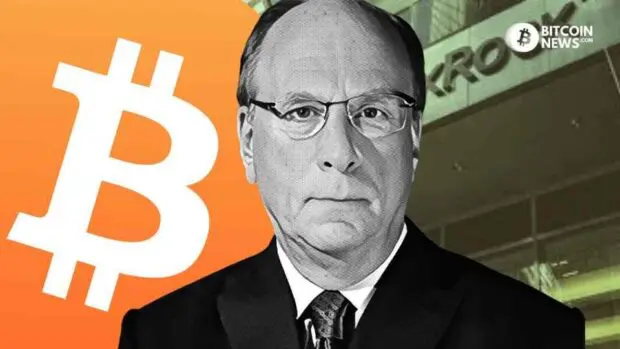This article was originally published by Mikal Koss via Forbes. It is republished here with permission.
A slew of companies, including BlackRock, WisdomTree, and Valkyrie Investments, submitted bitcoin ETF applications to the Securities and Exchange Commission (SEC) over the past two weeks. Considering BlackRock’s role as the largest asset manager in the world, their application may signal that the SEC is ready to approve a bitcoin ETF after years of failed attempts from companies like Grayscale.
Related reading : WisdomTree Follows BlackRock’s Lead, Filing Application For Spot Bitcoin ETF
Related reading : SEC Approves First Leveraged Bitcoin Futures ETF
On the other hand, bitcoin advocates like Joe Carlasare, a commercial litigator, remain unconvinced that the SEC will budge in its prior bitcoin ETF rejections. There are also a number of Bitcoin advocates that oppose the ETF structure entirely.
“Don’t buy the ETF! Buy bitcoin directly and hold the keys,” Joe Kelly, Unchained’s co-founder and CEO told me in an interview. Kelly claims that bitcoin’s most important feature is the elimination of intermediaries, something that an ETF product would reintroduce unnecessarily.
Related reading : What Is Proof Of Keys On January 3
Related reading : Self-Custody: The Antidote to the Dangers of a Cashless Society
“The BlackRock ETF will introduce multiple layers of counterparty risk… it’s [our] collaborative custody option that mitigates risk,” Kelly said.
Regardless of the SECs final decision, or the Bitcoin community sentiments about self-custody, these ETF applications are a strong signal of growing interest and demand for bitcoin exposure. It appears that investors are noticing as well, with bitcoin’s price increasing steadily since the BlackRock announcement.
If newly approved ETFs did signal more institutional acceptance of digital assets as a promising new asset class, the ETFs would be available just in time for Bitcoin’s next halving event, which is estimated to occur next April in 2024. The halving reduces the newly issued bitcoin to miners by half, an event that happens roughly every four years.
Bitcoin advocates have long claimed that the halving’s correspond with the start of bull markets. As macro conditions appear to be softening in the wake of the Fed’s rate hike pause, financial markets lie in wait for any signs of a pivot. The combination of ETF approval, bitcoin halving, and Fed pivot could create a perfect storm of circumstance that some market analysts predict could ignite the next bitcoin bull run.










